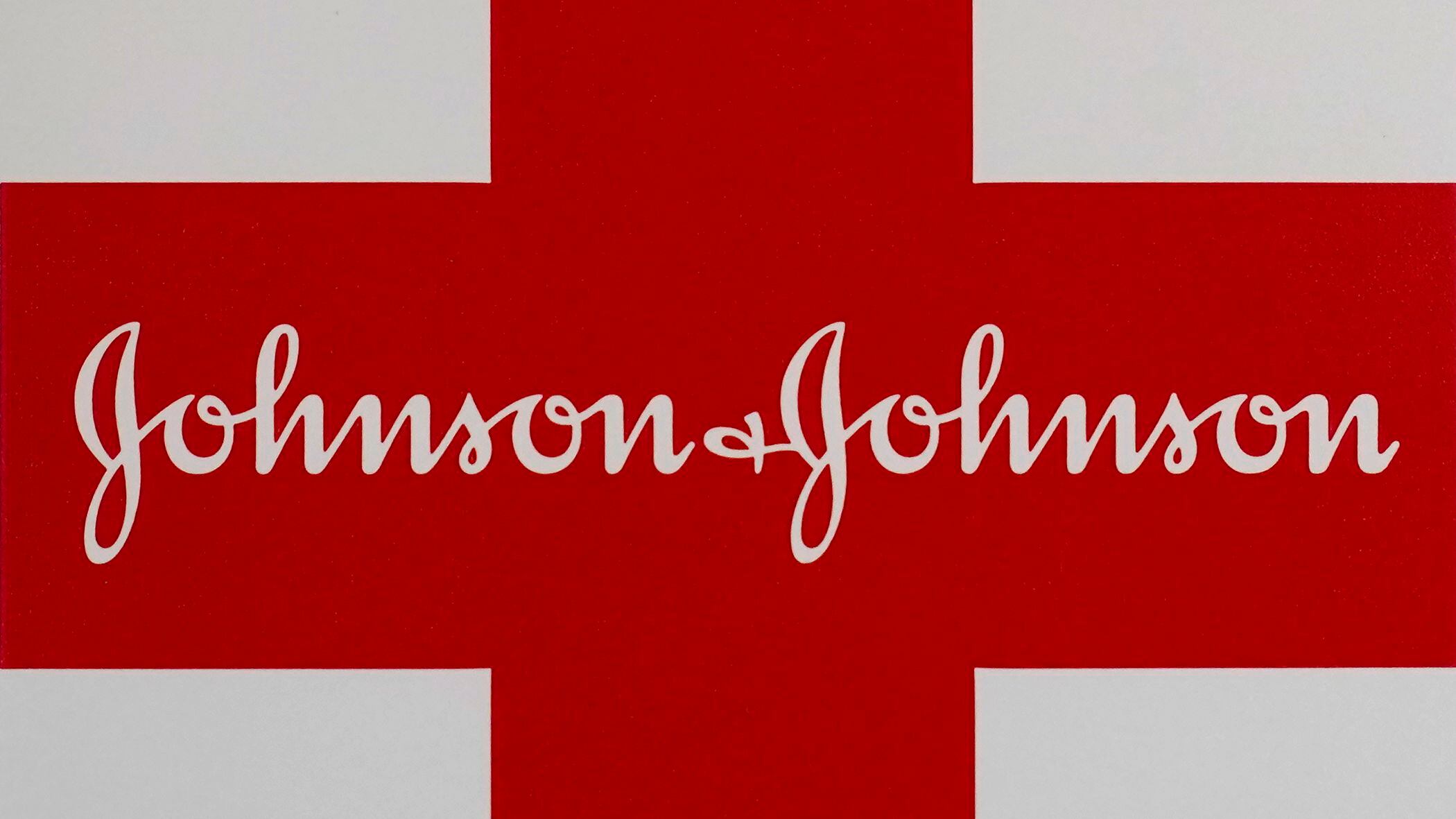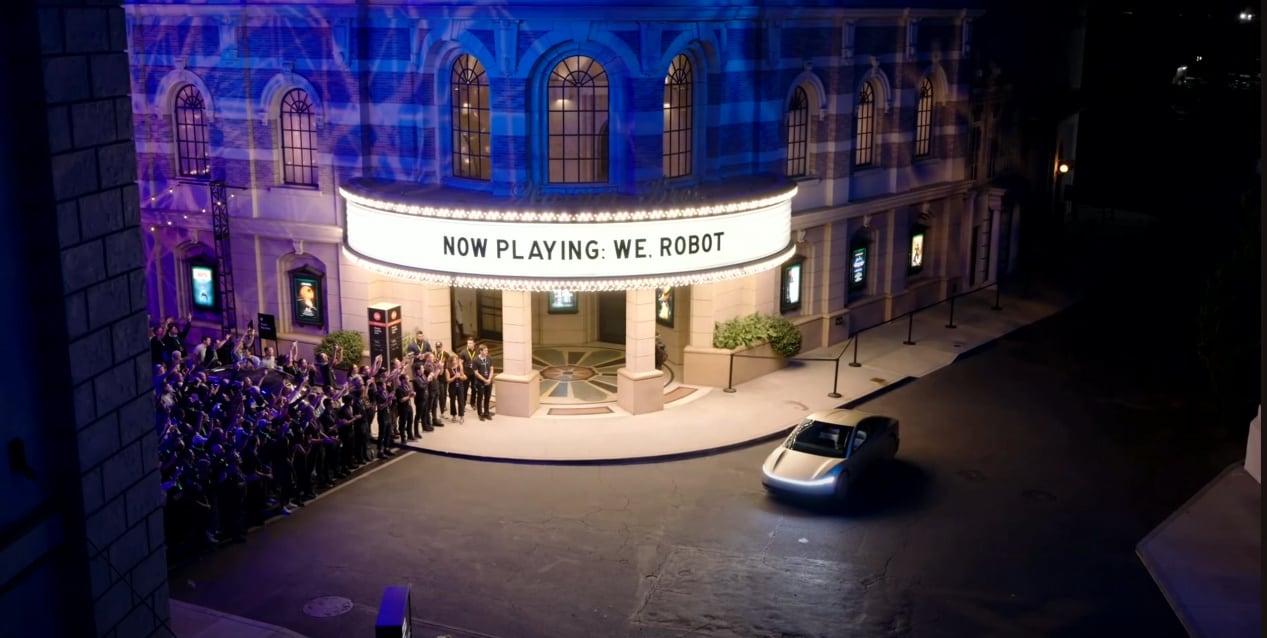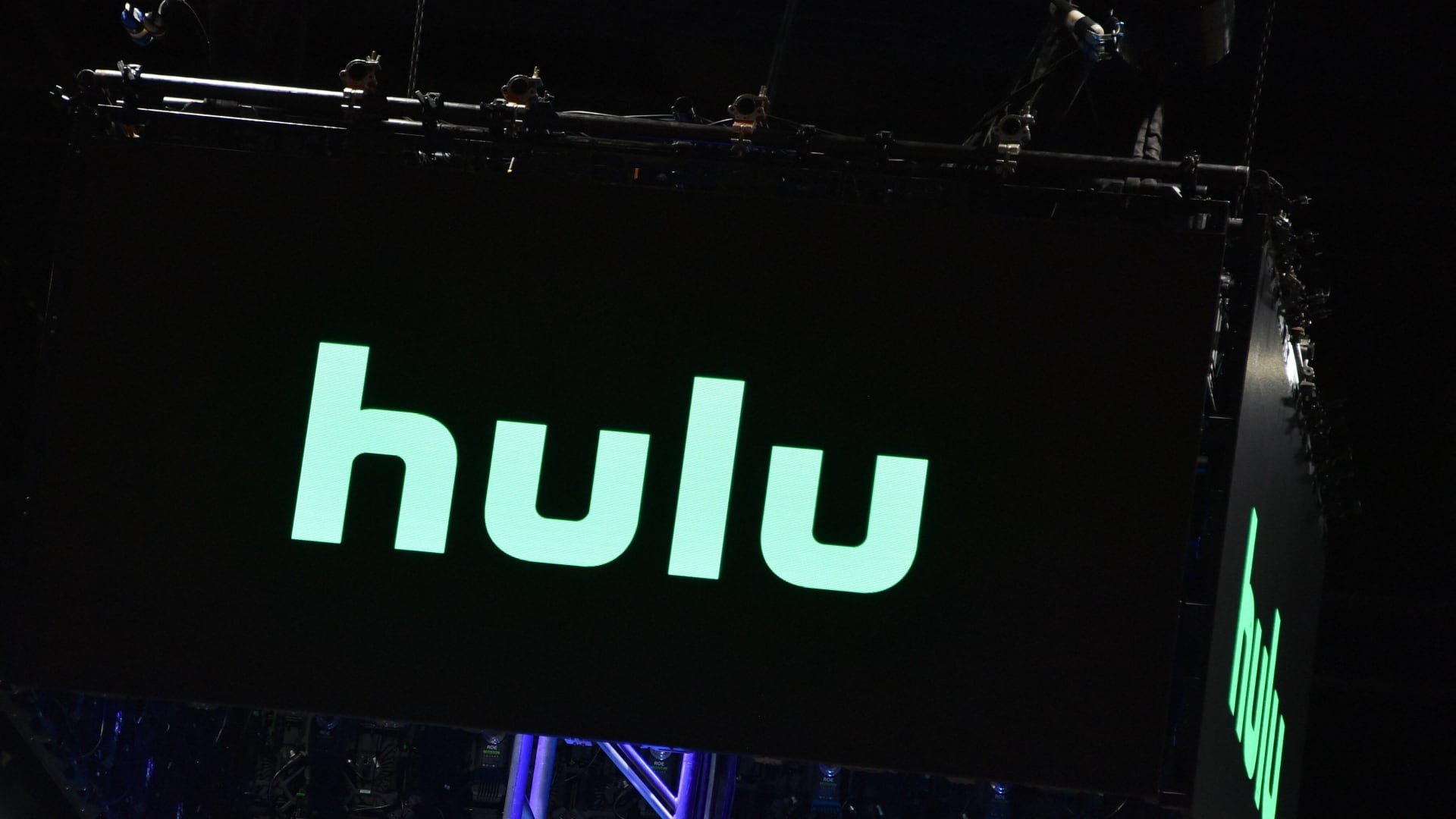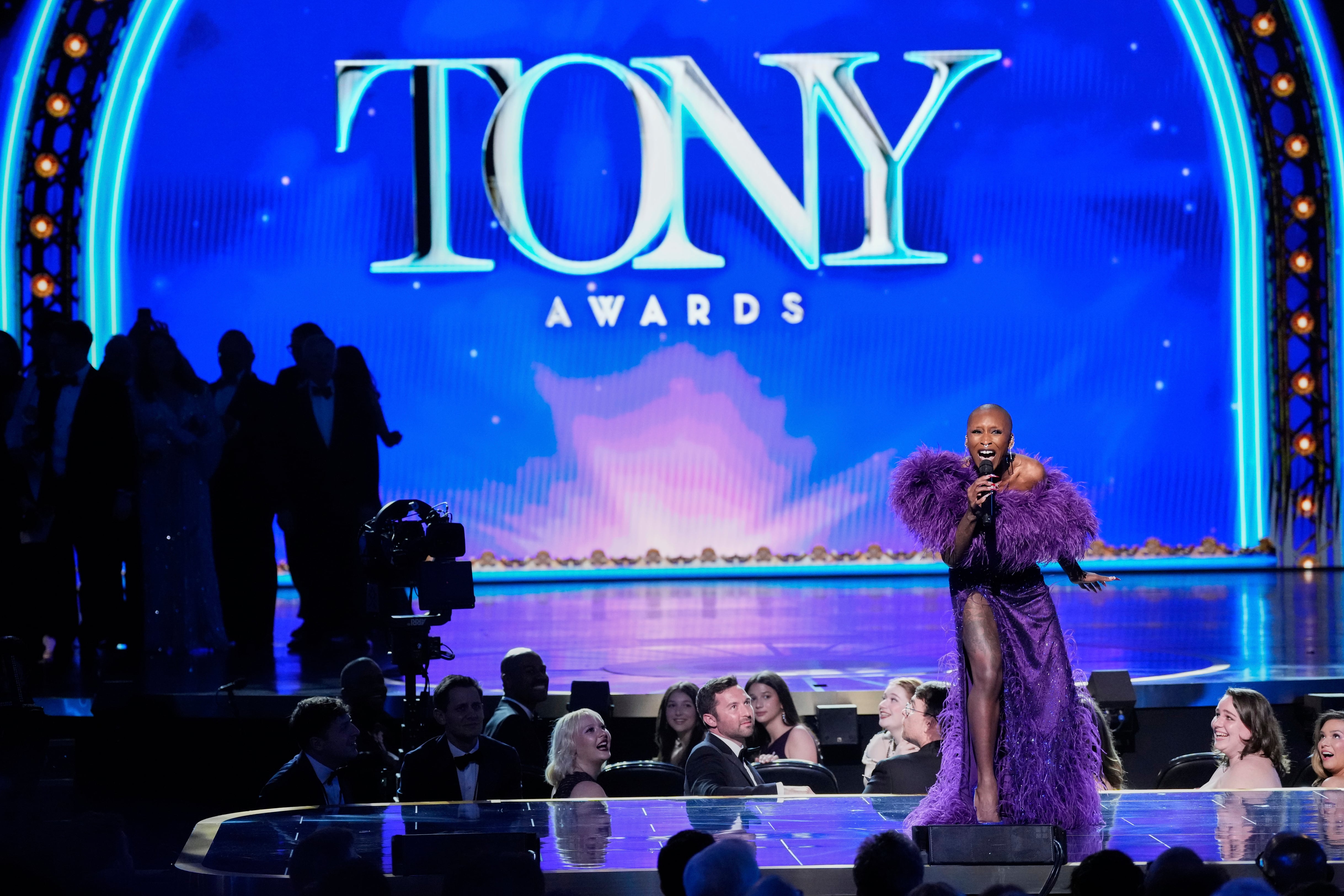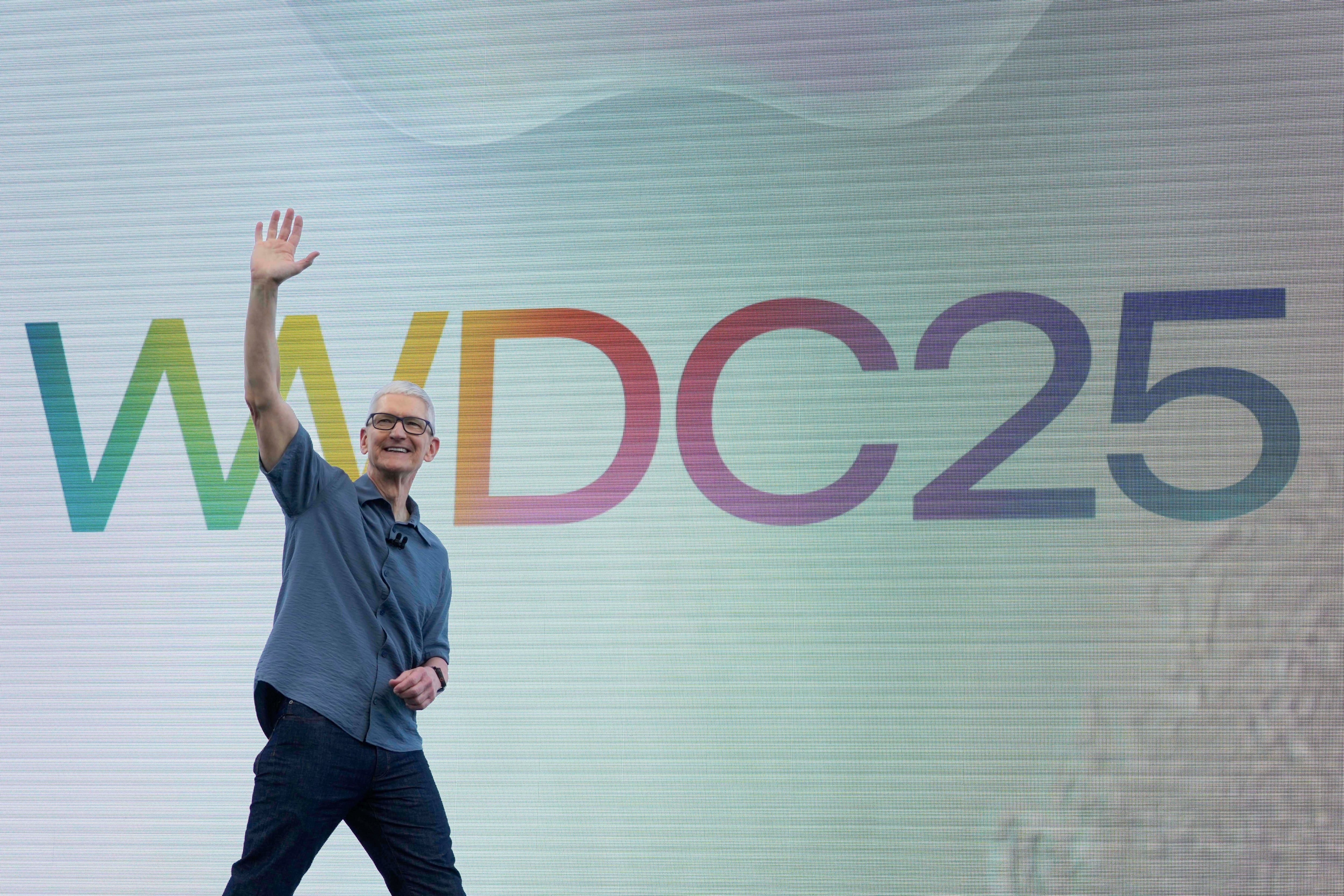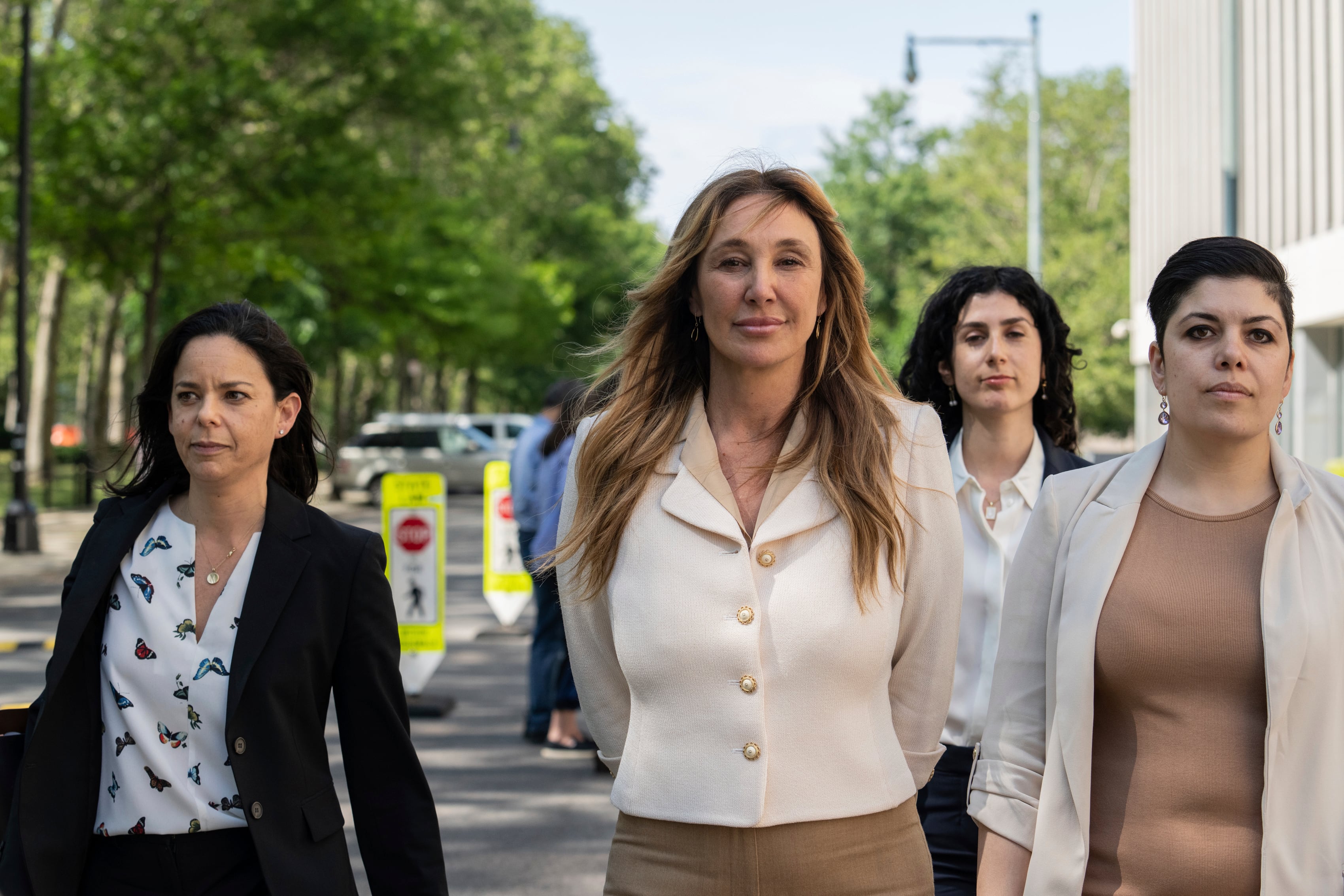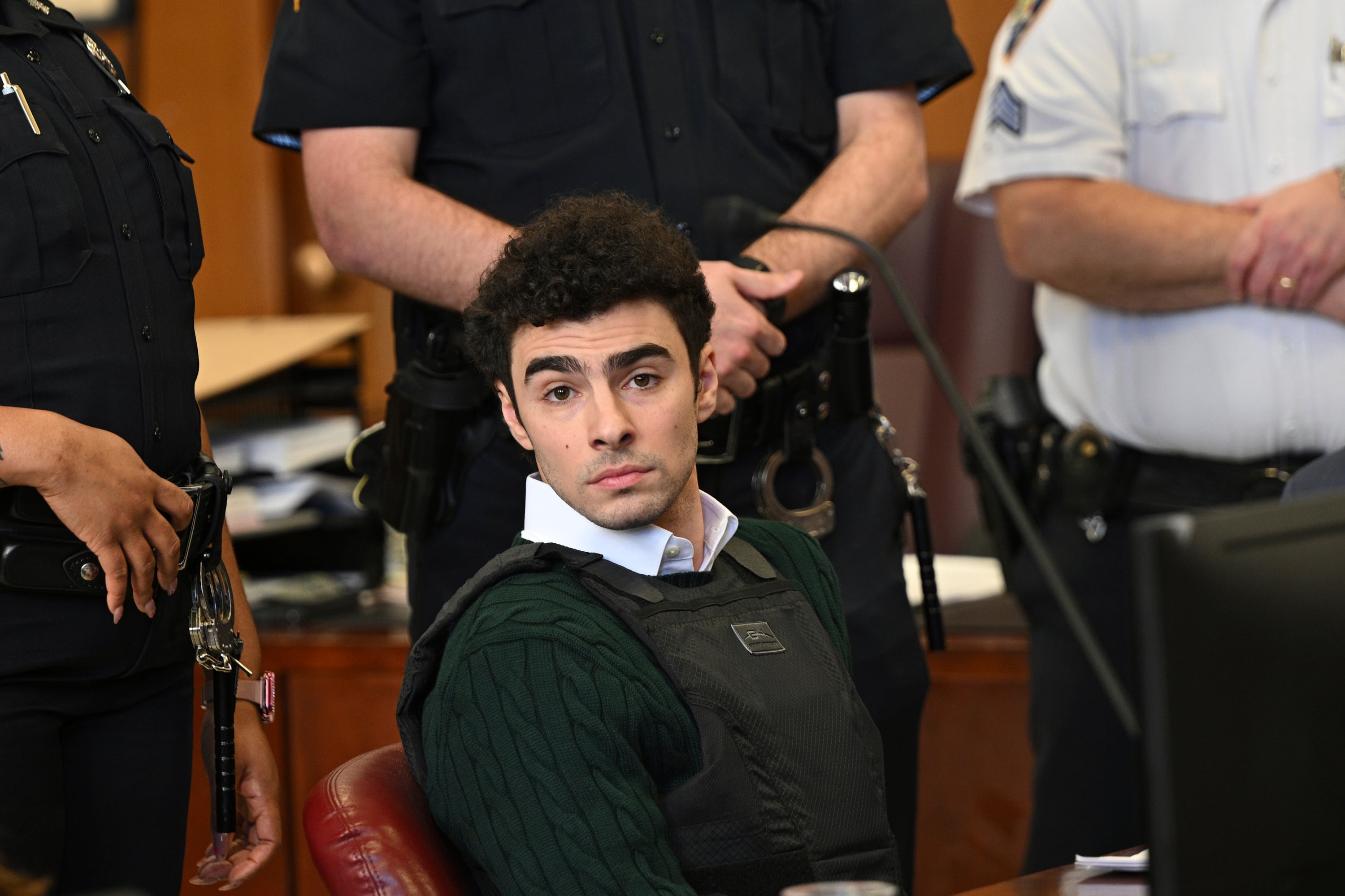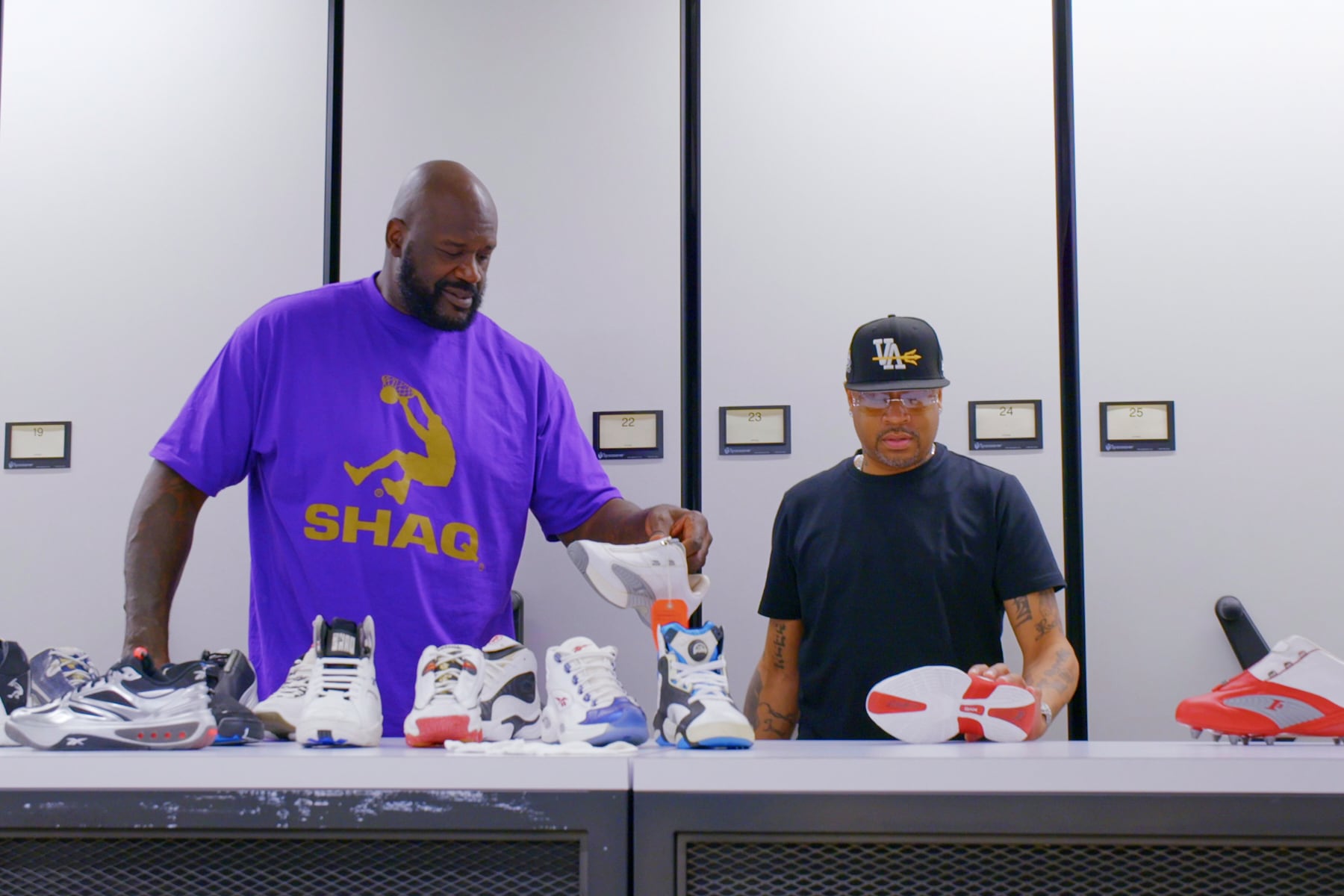By Linda A. Johnson
Johnson & Johnson said Wednesday that it is recalling five of its sunscreen products after some samples were found to contain low levels of benzene, a chemical that can cause cancer with repeated exposure.
The affected products, packaged in aerosol cans, are Aveeno Protect + Refresh aerosol sunscreen, and four Neutrogena sunscreen versions: Beach Defense aerosol sunscreen, CoolDry Sport aerosol sunscreen, Invisible Daily Defense aerosol sunscreen and UltraSheer aerosol sunscreen.
The recall includes all can sizes and all levels of sun protection factor, or SPF. The products were distributed nationwide through retailers.
The health care giant said the benzene was found after testing by the company and an independent laboratory. It is investigating how the chemical got into the products.
J&J said it’s working to get all lots of the five products removed from store shelves. It urged consumers to stop using the sunscreens immediately and said customers can get a refund by calling J&J’s Consumer Care Center at 1-800-458-1673. More information is available at the websites for Neutrogena and Aveeno.
J&J said in a statement that “use of these products would not be expected to cause adverse health consequences" and that it voluntarily decided to recall them "out of an abundance of caution.” The statement added that people should use an alternate sunscreen to protect themselves from the skin cancer melanoma.
Benzene is a highly flammable, widely used chemical that's present throughout the environment. It can cause cancer with repeated exposure at high enough levels. It also can damage the immune system and prevent cells from functioning properly, according to the U.S. Centers for Disease Control and Prevention.
The chemical's effects vary by whether a person accidentally inhales or ingests it or gets it on skin and clothing. Symptoms range from dizziness and irregular heartbeat to convulsions and, at very high levels, death.
J&J, which is based in New Brunswick, New Jersey, said it has notified the Food and Drug Administration of the recall.
